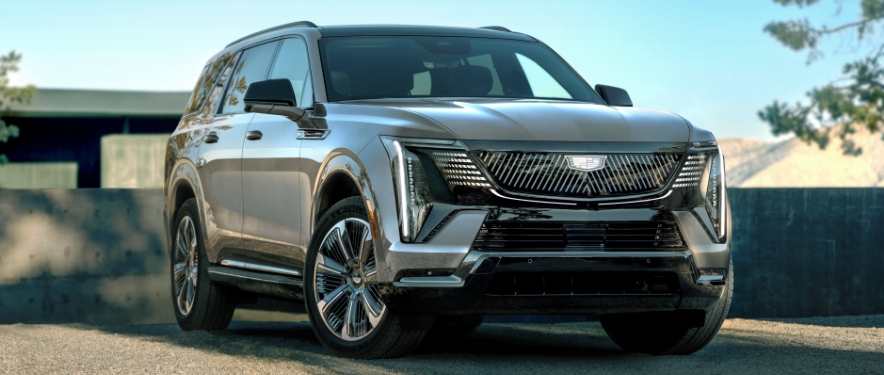- Home
- Financial Resources
- Financial Articles
- 4 Tips on How to Winterize Your Car

5 Ways To Winterize Your Vehicle
By Scooter Hendon / 12/02/2024 / Your Car
“Winter” can mean very different things to different regions. For some, it means several months of heavy coats for snow and ice, while residents in other parts of the U.S. merely need to unpack a windbreaker. Regardless of your climate, now's a good time to ask yourself: Is your vehicle ready for winter? Here are a few tips on how to winterize your car and help ensure safe travel.
Inspect your tires
Your tires are susceptible to pressure changes when temperatures fluctuate, so it’s best to check the pressure periodically. A few minutes of preventative tire maintenance could help your fuel efficiency and save you hours of heartache on the side of the road with a blowout. And don’t forget to check the spare tire if you have one.
Also, examine your tread depth and make sure it’s at least 1/8 inch. If not, consider upgrading to new tires before road conditions become challenging.
Replace your wipers
Visibility is crucial when driving in winter conditions, and your windshield wipers play a key role in keeping your windshield clear. If your wipers are worn or damaged, replace them before the winter season. Consider upgrading to winter wipers, which are designed to handle heavy snow and ice buildup.
Check your battery
Cold temperatures put stress on your car’s battery, so make sure it’s in good working order before testing its durability. Head to your GM dealership to have it tested. For added peace of mind in case of an emergency, you can keep jumper cables and a battery charger in your vehicle.
Be prepared
Speaking of emergencies, keeping an emergency kit stowed in your vehicle is a good way to be prepared for the random occurrences along the road. Here are a few items to keep in your emergency kit:
· Can of aerosol tire sealant
· Flashlight for nighttime repairs
· Duct tape for holding essential items together in a pinch
· Poncho for wet weather
· Windshield scraper for icy buildup
· Reflective triangles for breakdowns in the darkKeep it serviced
If you can’t remember the last time you had your vehicle serviced, schedule regular maintenance with your dealership’s Certified Service experts, especially if you’re planning on a winter road trip. Getting your vehicle’s fluids and filters changed on schedule is imperative, especially when temperatures change.
Oil is the lifeblood of your vehicle's engine, and it's especially important to use the right type of oil in the winter. Cold temperatures can cause the oil to thicken, reducing its ability to lubricate the engine. Check your owner's manual to see what type of oil is recommended for your car, truck or SUV in the winter. Synthetic oils are generally better suited for the cold, as they remain fluid at lower temperatures.
By Scooter Hendon, GM Financial
Scooter Hendon might work indoors, but his heart is in the outdoors. Whether he's with his family or flying solo, he loves a good camping, backpacking or hiking adventure. When Scooter’s not hitting the road in his Chevy Silverado to a state or national park, he’s saving up for his next trip.
Related Articles

Test-driving a car: What to look for before you buy
Discover five questions to ask yourself during a test drive to help you make the right choice for your next vehicle.
GET ANSWERS
What Is a Lease-End Inspection and Why Do You Need One?
Explore the top three reasons you should take advantage of a free lease-end inspection and learn how to conveniently schedule one.
FIND OUT